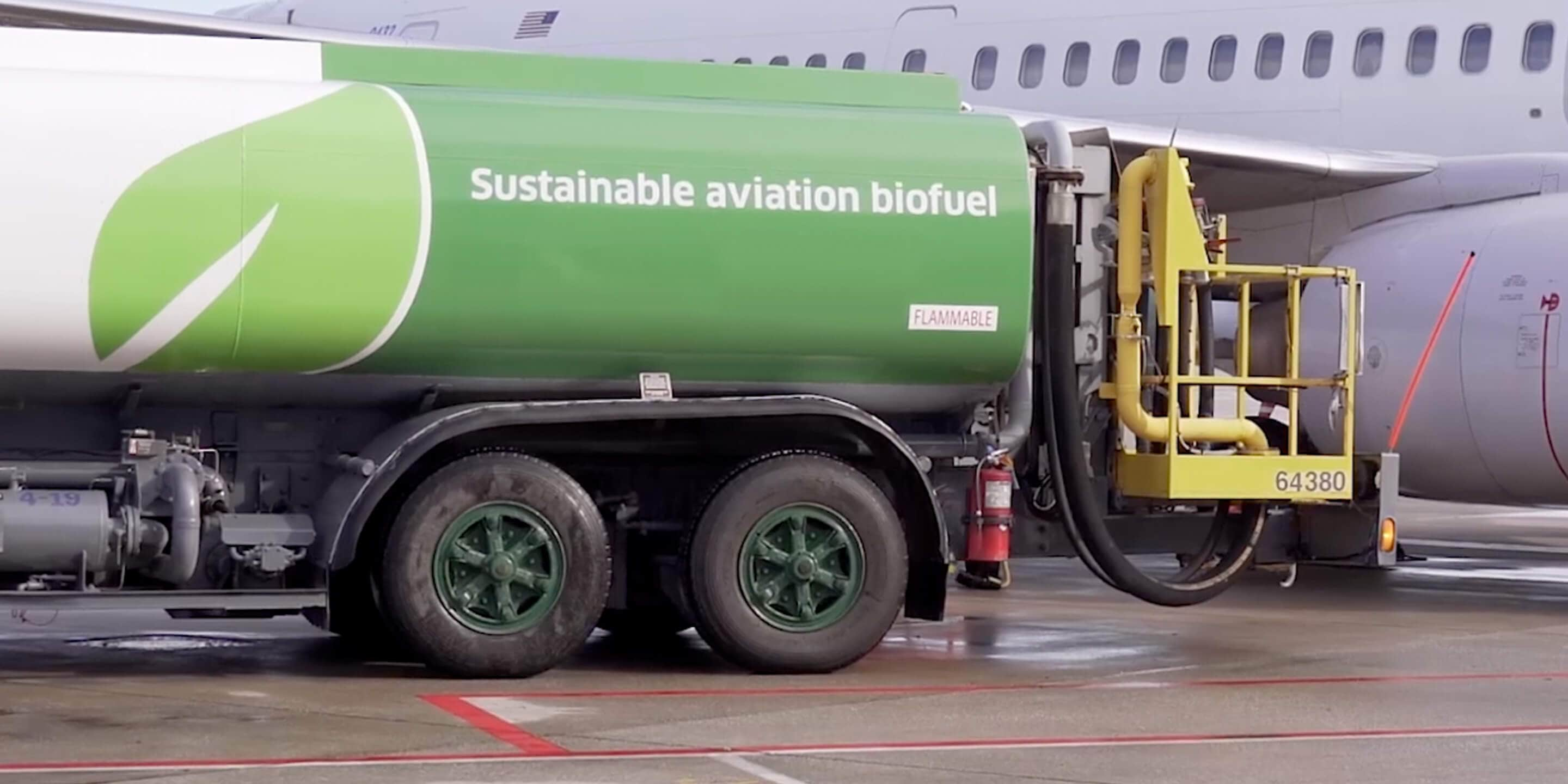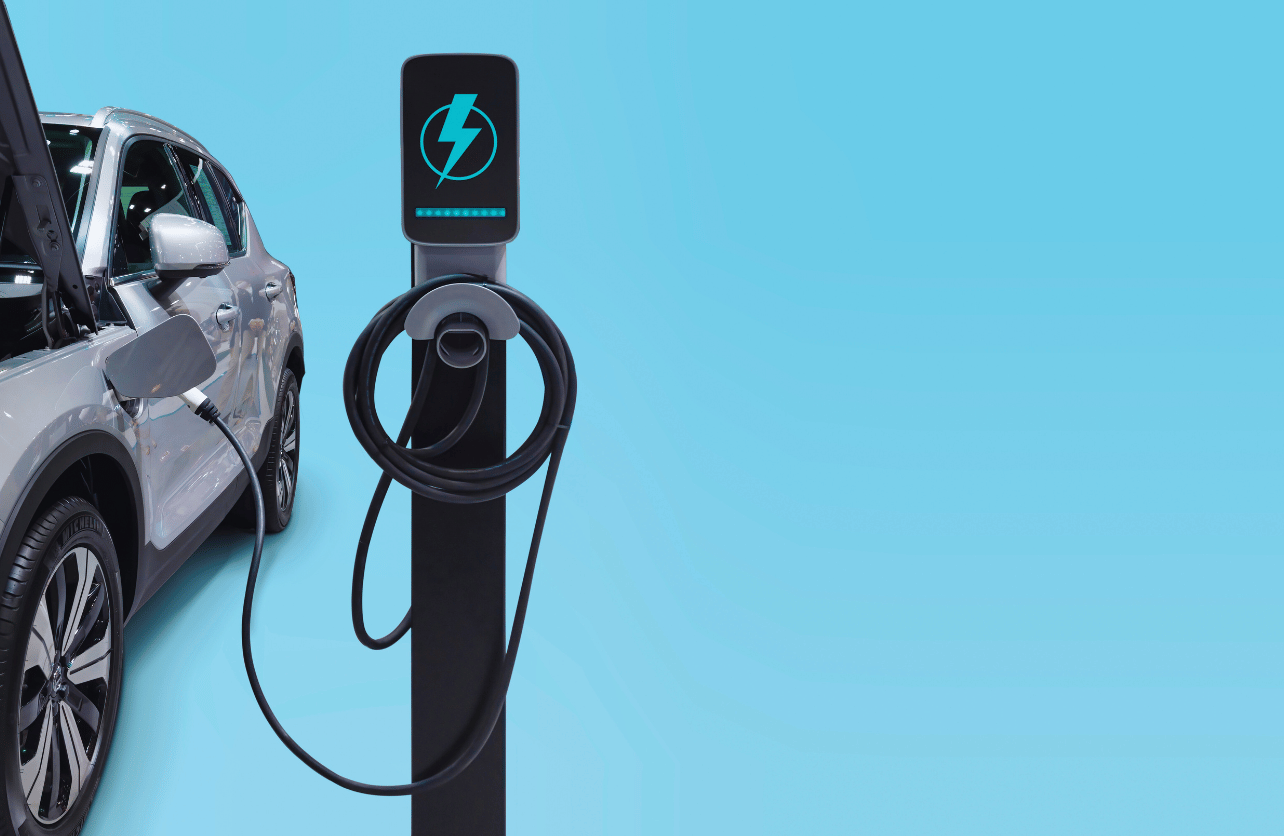King Charles’s Sustainable Travel Initiatives: How Royal Sustainability Could Influence Future Decision-Making and the Auto Market in the USA

As a lifelong advocate for environmental causes, King Charles III has made sustainability a cornerstone of his reign. His commitment to reducing the royal family’s carbon footprint is especially evident in his recent sustainable travel initiatives. These initiatives aim to revolutionize how the royal family travels, incorporating eco-friendly practices into both personal and state journeys. While the actions of a monarch may seem distant from those of the average traveler, King Charles’s efforts are likely to have far-reaching effects on global travel trends, including in the United States.
King Charles’s sustainable travel initiatives are not only a reflection of his personal ethos but also a powerful statement on the importance of making environmentally conscious choices in all aspects of life, including travel. These initiatives, which include the use of biofuel-powered vehicles, sustainable aviation fuel (SAF), and energy-efficient transport alternatives, could inspire international shifts in travel habits and policies. In this article, we’ll explore how King Charles’s focus on sustainable travel could shape future decision-making in the global travel industry, with a particular focus on the U.S. market.
The Green Shift in Royal Aviation: Sustainable Aviation Fuel (SAF)

One of the most impactful aspects of King Charles’s sustainable travel initiatives is the integration of Sustainable Aviation Fuel (SAF) into the royal family’s air travel. SAF is a cleaner alternative to traditional jet fuel, made from renewable resources such as waste oils, agricultural residues, and even municipal waste. It offers a significant reduction in carbon emissions compared to standard aviation fuel, making it a key element in the aviation industry’s push towards sustainability.
Impact on Global Aviation
The royal family’s adoption of SAF for royal flights is more than a symbolic gesture—it’s a significant endorsement of an evolving technology that has the potential to reshape the future of air travel. With King Charles setting an example, other high-profile organizations, governments, and private companies may feel encouraged to follow suit.
In the U.S., where air travel accounts for a considerable portion of carbon emissions, the push for SAF could gain momentum as a result of these initiatives. The U.S. has already made strides in promoting SAF, with legislation like the Sustainable Skies Act incentivizing its use. However, the royal family’s high-profile implementation could further boost global awareness and increase demand for SAF, encouraging airlines and travelers to opt for greener alternatives when flying.
Travel Industry Influence
King Charles’s commitment to SAF could inspire not only airlines but also eco-conscious travelers to seek out greener options for their journeys. As SAF becomes more widely available, it’s likely that airlines will offer SAF-based flights as a premium or eco-friendly alternative, much like carbon offset programs that are already in place. In the U.S., this could translate to more airlines marketing their SAF efforts, especially as public awareness of sustainable travel grows.
Biofuel Bentleys and Sustainable Ground Transportation

Another key component of King Charles’s sustainable travel initiatives is the refurbishment of the royal family’s state Bentleys to run on biofuel. While this initiative may seem small in the context of an individual’s travel habits, it has larger implications for the global push toward sustainable ground transportation.
Biofuel and the Auto Market
Biofuels, made from renewable organic materials like plant waste and algae, are seen as a more sustainable alternative to traditional gasoline and diesel. By converting the royal family’s fleet of luxury vehicles to run on biofuel, King Charles is signaling that even traditional, fuel-dependent vehicles can be part of the solution to reducing carbon emissions.
This initiative could influence broader trends in the auto industry, particularly in markets like the U.S., where biofuels have already begun to make an impact in certain sectors. In the U.S., biofuels are often used as a blend with traditional fuels. With King Charles’s endorsement, there could be renewed interest in expanding biofuel use, especially for government and corporate fleets that are harder to electrify quickly. As more consumers and manufacturers look for sustainable alternatives, biofuels could serve as a transitional solution while fully electric vehicles (EVs) continue to develop.
Luxury Travel and Green Transport
Luxury travel has traditionally been viewed as resource-intensive and environmentally unfriendly. However, by incorporating biofuels into the royal fleet, King Charles is helping to reshape the image of sustainable travel at the high end. This could have significant ripple effects on the luxury auto market as high-net-worth individuals and companies begin to seek more sustainable transportation options without sacrificing comfort and status.
For U.S. automakers, this could mean an increased focus on developing biofuel-compatible engines or hybrid models that appeal to both eco-conscious and luxury markets. In the broader travel industry, the rise of biofuel-powered ground transportation could lead to more sustainable options for luxury tours, chauffeur services, and even car rental agencies.
Electric Vehicles and Future State Travel

In addition to biofuels, King Charles’s sustainable travel vision extends to the electrification of the royal fleet. While the conversion to biofuel is an immediate step, discussions are already underway about transitioning to fully electric state vehicles in the near future. The U.K. government, like many around the world, has committed to a future where electric vehicles (EVs) dominate, and King Charles’s role as a leader in this shift cannot be understated.
Influence on U.S. Electric Vehicle Market
The United States is also moving toward electrification, with President Biden’s administration setting ambitious goals for EV adoption, including the electrification of federal fleets and an aim for 50% of new car sales to be electric by 2030. King Charles’s high-profile endorsement of EVs could further accelerate this shift, particularly among government and state vehicle programs that look to align with global sustainability standards.
For the average traveler, the growing availability of electric rental cars and charging infrastructure across the U.S. could become a direct result of these larger shifts. As both governments and private companies follow the example set by King Charles’s sustainable travel initiatives, travelers could see more electric options for long-distance travel, including electric buses, taxis, and even fully electric rental car fleets.
Sustainable Helicopters: A Controversial Yet Necessary Transition

One of the more complex aspects of King Charles’s sustainable travel initiatives is the royal family’s acquisition of new helicopters, which, while not traditionally eco-friendly, will be capable of running partially on SAF. Though air travel, especially in the form of helicopters, is not the greenest option, the use of SAF helps mitigate some of the environmental impact.
Implications for U.S. Air Travel
In the U.S., where private helicopters and air travel remain popular among high-net-worth individuals and corporations, the adoption of SAF in the royal fleet could inspire changes in how private aviation is approached. The U.S. market for private jets and helicopters could begin integrating SAF more widely, offering eco-conscious alternatives to traditional fuel, much like the developments already seen in commercial aviation.
Encouraging Sustainable Travel Choices for Global Consumers

While King Charles’s sustainable travel initiatives focus on royal operations, their broader message is clear: sustainable travel is not only possible but necessary for the future. For the average traveler, this means making more informed choices about the way we travel—whether it’s opting for airlines that use SAF, renting electric vehicles, or choosing biofuel-powered ground transportation.
As consumers become more aware of sustainable travel options, industries from aviation to automotive may feel increasing pressure to adapt to greener practices. In the U.S., this could lead to the expansion of eco-friendly travel options, including greener public transportation, more widespread EV infrastructure, and incentives for travelers who choose sustainable alternatives.
A Royal Blueprint for Sustainable Travel
King Charles’s sustainable travel initiatives represent more than just a set of policies—they offer a blueprint for how individuals, companies, and governments can make travel more eco-friendly. From biofuel-powered Bentleys to electric state vehicles and SAF for royal flights, the royal family’s efforts are setting a new standard for sustainable travel.
In the U.S., these initiatives could inspire shifts in both policy and consumer behavior, encouraging greener travel options across the board. As the world grapples with the environmental challenges of the future, King Charles’s commitment to sustainable travel is a powerful reminder that every step toward sustainability, no matter how small, is a step in the right direction.